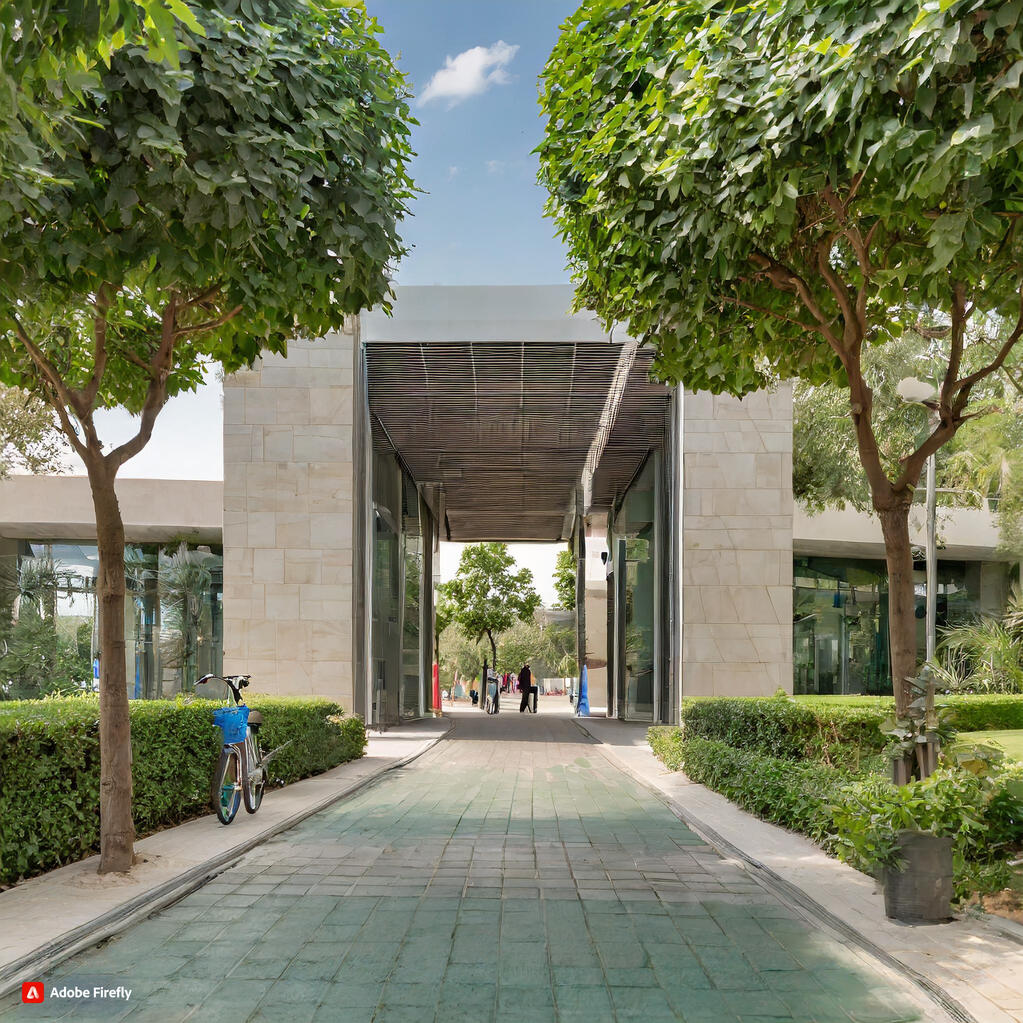Strategic advice
_Stratem, the Ginger Group's Strategic Consulting division, capitalising on 90 years of expertise
Our mission: to help you identify your priority issues, make informed strategic choices and pool your strengths to implement effective roadmaps.
What sets us apart: offering advice that draws on all the Group's technical expertise (2,000 engineers working in water, energy, soil, materials, biodiversity, etc.).
Our team’s core is made up of multidisciplinary profiles (economics, engineering and public policy) with a strong and direct link to all the engineers in the Group's business lines.
90 years of feedback from the field enriches our view of your economic and regulatory challenges and the operationalisation of your transitions.
Decarbonising value chains and energy autonomy

Water and climate change

Ecosystem services around soil, water and biodiversity

Resources, materials and circularity

_A word from the expert

"The necessary transition to a world below 2°C means that organisations need to plan ahead and create the conditions for resilience, and even become catalysts for change. Faced with the challenges ahead, our approach is to embrace the complexity of the issues and to distil the approaches in order to better support changes in practices. Stratem draws on the Group's solid expertise in decarbonised energy and materials, water and biodiversity management, and land and soil development.
It's time to act: what are your challenges and those within your value chain? What are the ambitions of your approach? What is your timeframe: a prospective vision or a medium-term action plan?
Whether you are an actor in the construction and property sectors, in industry or a financial institution, we know how to draw on the immense pool of environmental expertise to secure your transitions, making them systemic, strategic and positively impactful."
_A pool of expert and innovative skills
2,000 in-house experts:
- Renewable energies: geothermal, solar, green hydrogen, etc.
- Circular economy in the building industry, re-use of materials and soils
- Water and Biodiversity: nature-based solutions, hydrology, hydrogeology and soil renaturation
_Detailed knowledge of the environmental issues encountered by operational staff
- Public/territorial contracting authorities, ministries, regions, metropolitan areas, public institutions for inter-municipal cooperation, etc.,
- Local semi-public and local public companies
- Public industrial and commercial establishments
_Private clients
- Builders, promoters, developers
- Property and asset managers
- Investors
- Industries
- Start-ups
_A commitment to excellence
- 90 years of experience on complex projects,
- Technical and legal monitoring of all environmental issues,
- The expertise of our teams,
- The complementary nature of our skills,
- The attention we pay to our clients.
_An update on the CSRD and its implications for business transition
The Corporate Sustainability Reporting Directive (CSRD) is a European directive on the publication of non-financial data by companies. It replaces the Non-Financial Reporting Directive (NFRD), which until now has provided a more ambiguous framework for the publication of CSR data by companies. The Directive, which has already been transposed into French law, clarifies and standardises the non-financial reporting expected of companies, while expanding the number of organisations concerned by this reporting, including more than 50,000 companies in Europe, with intermediate-sized enterprises from 2025, and then SMEs. Launched as part of the Green Pact for Europe, its aim is to direct investment flows towards virtuous projects and companies.
The CSRD imposes a significant number of areas and themes on which to report, using standardised indicators. What is new, however, is that it requires companies to implement action plans to reduce their negative impacts and economic and financial risks, and to seize the opportunities offered by an economy and society in transition. The environmental aspect requires a high level of commitment from companies, particularly with regard to the climate; the company must demonstrate its action plan to align itself with the objectives of 1.5 degrees of global warming set by the Paris Agreement and carbon neutrality by 2050. To prepare for 2025, our teams can assist you right away with your climate policies, whether it involves a carbon assessment (Bilan Carbone®) to the decarbonisation strategy and its 1.5°C action plan, as well as with the other aspects of biodiversity and ecosystems, water and marine resources, resources and the circular economy, and pollution.



